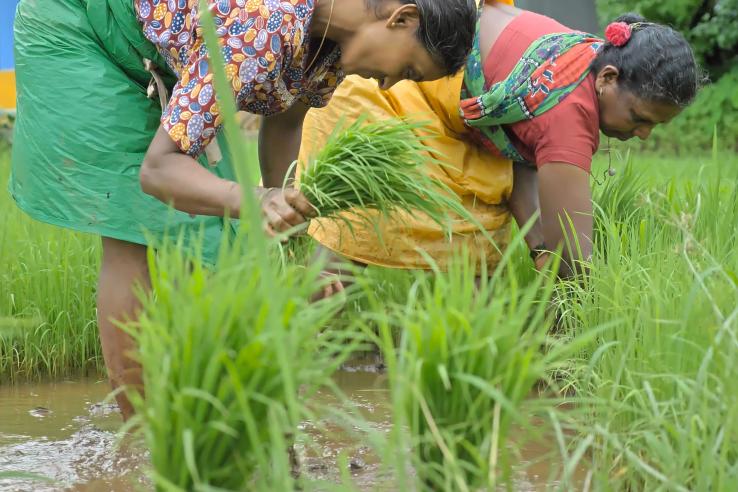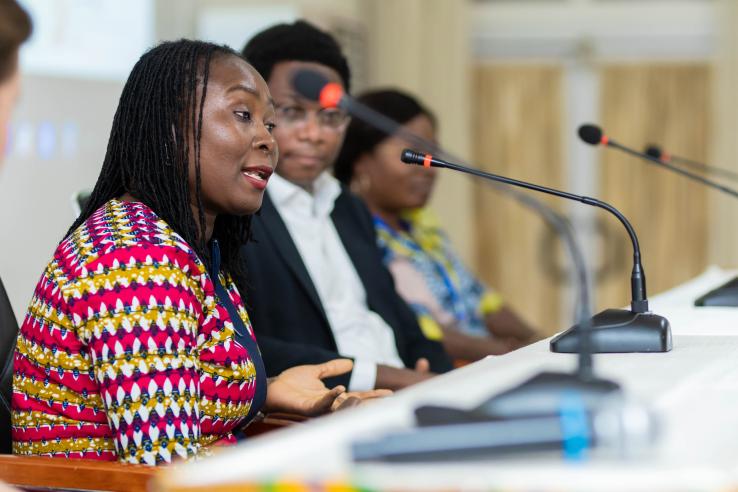Displaying 7981 - 7995 of 8468
Person
Person
Person
Person
Person
Person
Abu Shonchoy is an Associate Professor of Economics at Florida International University. His research interests concentrate around financial inclusion, skills training, infrastructure, and education, with several ongoing evaluations in South Asia and West Africa. In addition to his academic work...
Resource
Layout Page
With fewer resources available, the bar is even higher for deciding which social sector and development programs to invest in. Evidence can help governments, funders, and implementing organizations navigate today’s challenges and make more effective and cost-effective decisions.
Resource
Layout Page
J-PAL is invested in creating more opportunities for African researchers to develop and drive the research agenda on the African continent through the use of randomized evaluations.
Blog
As rising temperatures threaten to reverse gains in the fight against poverty, communities on the frontlines need solutions that work. Since 2020, J-PAL's King Climate Action Initiative has funded research has informed policies and programs improving the lives of nearly 33 million people.
Person
Anne Kersting is a Policy Advisor at J-PAL Global, where she works on the finance and social protection sectors. As a member of the Policy group, her work includes synthesizing evidence, contributing to policy publications, and collaborating with research and implementation partners on evidence...
Person
Person


